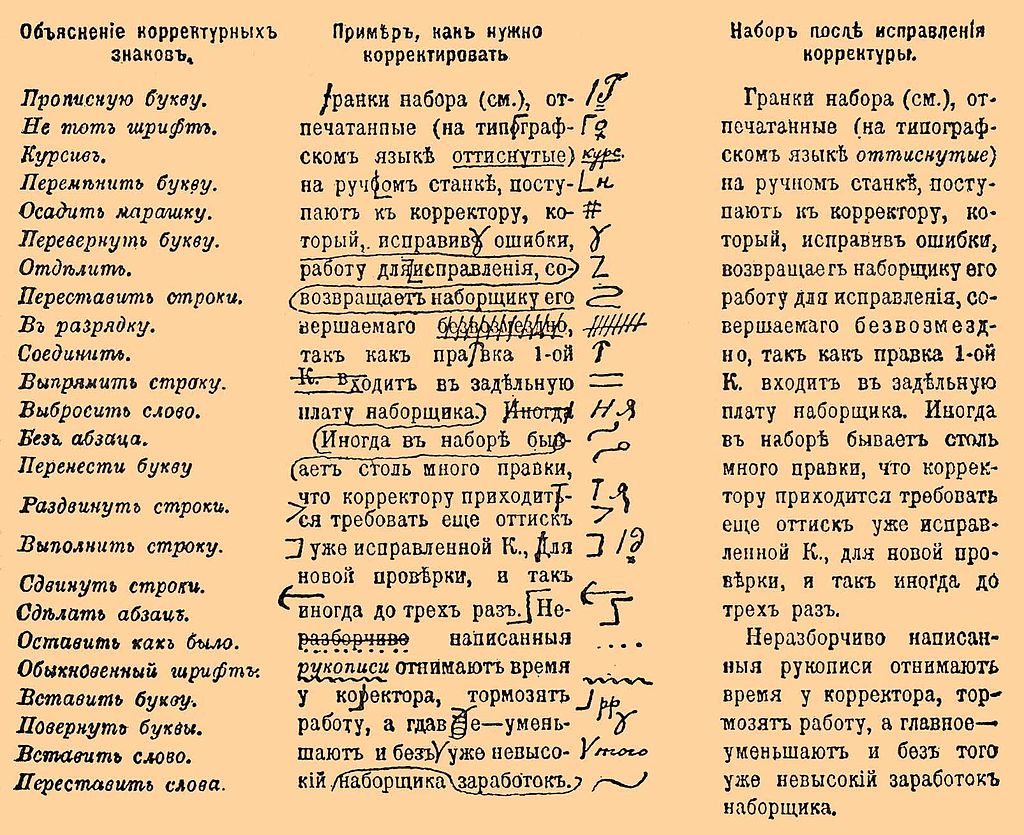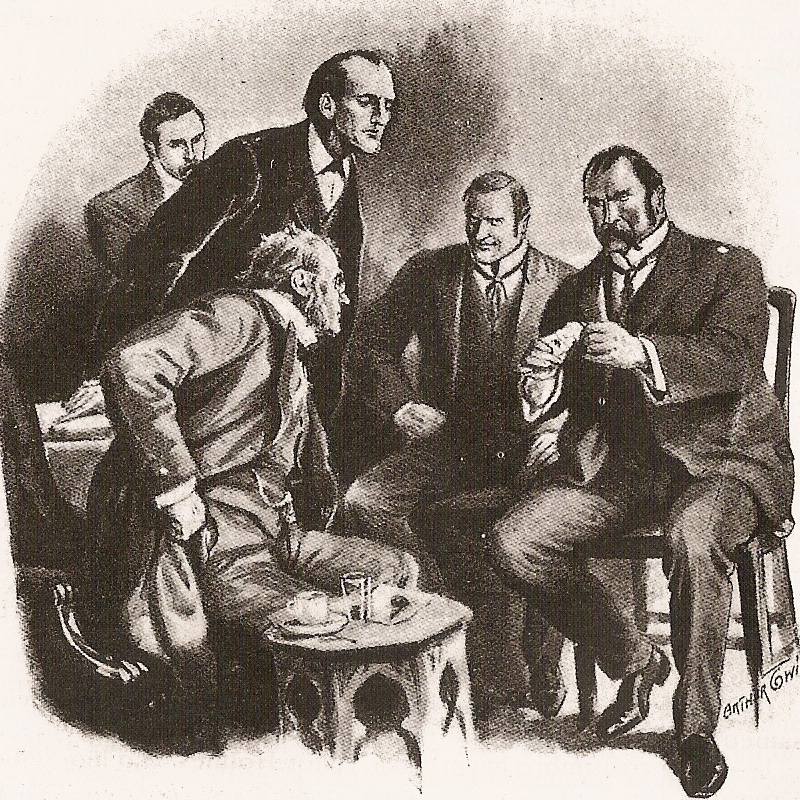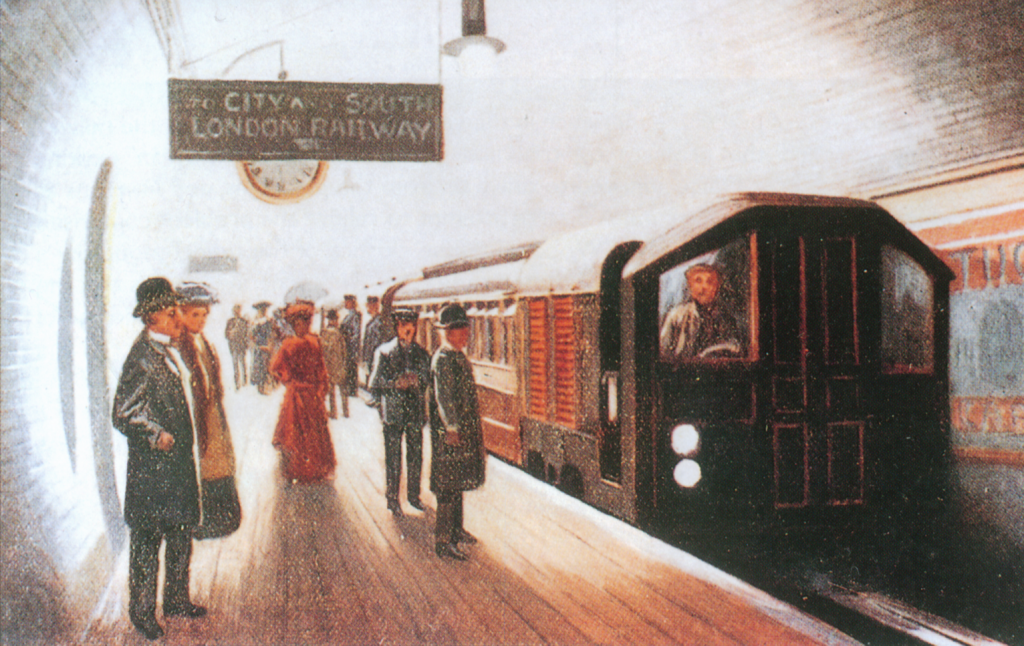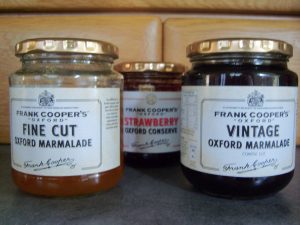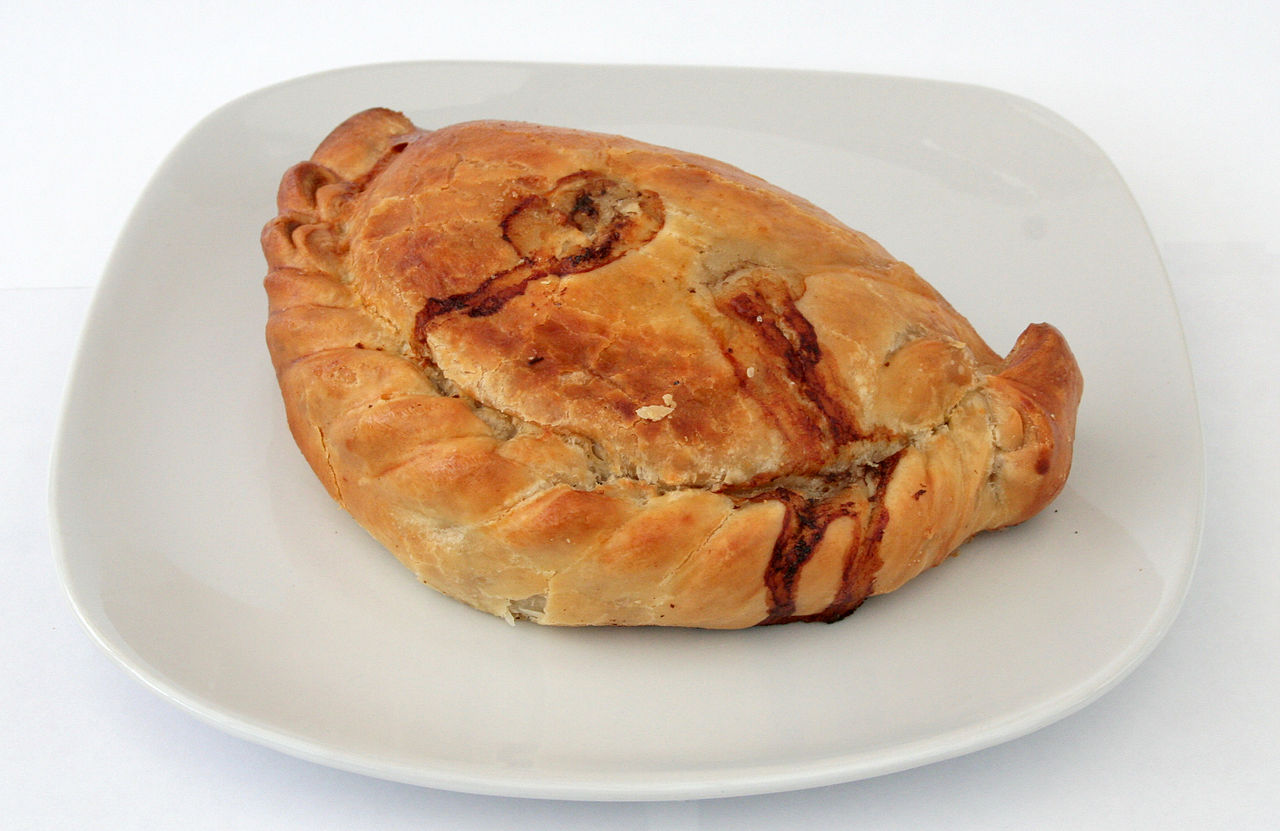Spelling is important. It can affect your chances of getting a job, your love life, and it can make us appear less intelligent than we are. A recent BBC article spells it all out for us.
“Research shows that as soon as people spot a spelling mistake on a website they’ll often leave it because they fear it’s fraudulent.
Corporations are aware that a portion of their image rests upon correct writing and spelling, says Roslyn Petelin, associate professor in writing at the University of Queensland in Australia. ‘Nothing can make you lose credibility more quickly and seem uneducated than a spelling mistake, and that includes apostrophes,’ she says.
… Indeed, a lack of a certain level of proficiency may be a barrier to getting a job at all. A lot of employers in Australia now ask candidates to take writing tests, says Petelin. ‘Young people coming out of university may have all the right interpersonal skills, but if they can’t write coherently, employers won’t give them a job.’
Poor spelling can even affect your dating chances. A Match.com survey found that 39% of singles judged the suitability of candidates by their grammar.”
Read the full story at the BBC.
***

